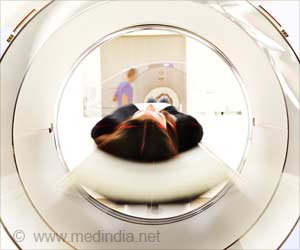Boston Scientific Corporation has announced that it has received FDA approval for the REBEL™ Platinum Chromium Coronary Stent System.

"Bare-metal stents are an important part of our practice, as not every patient can receive a drug-eluting stent. This new bare-metal stent has the same great visibility and deliverability as the PREMIER DES but allows me to treat patients who are not candidates for DES therapy," said John C. Wang, M.D., of Medstar Union Memorial Hospital, Baltimore, Md. "In addition, the platinum chromium architecture provides great radial strength with low recoil, which is particularly important in patients receiving bare-metal stents."
The REBEL Stent System features unparalleled visibility, low recoil, exceptional radial strength and fracture resistance, while improving axial strength and deliverability. Its enhanced low-profile delivery system also features a shorter, more visible tip, a dual-layer balloon and a Bi-Segment™ inner lumen catheter designed to facilitate precise stent delivery across challenging lesions.
"Boston Scientific is committed to developing the best treatment options for all patients with coronary artery disease," said Kevin Ballinger, president, Interventional Cardiology, Boston Scientific. "Launching the Rebel Stent System in the U.S. is another important step to ensure that we offer physicians the most differentiated and broadest product portfolio possible."
Of note, Dr. Wang presented data from the OMEGA clinical trial evaluating the REBEL Stent System in February at the Cardiovascular Research Technologies conference in Washington, D.C. OMEGA is a single arm, multi-center trial in the U.S. and Europe and the first reported results showed low event rates at nine months.
The REBEL Stent System is offered in a matrix of 46 sizes, ranging in diameter from 2.25 mm to 4.50 mm and lengths of 8 mm to 32 mm on a Monorail™ platform. This provides physicians with a range of options designed to best suit patient needs.
Advertisement








